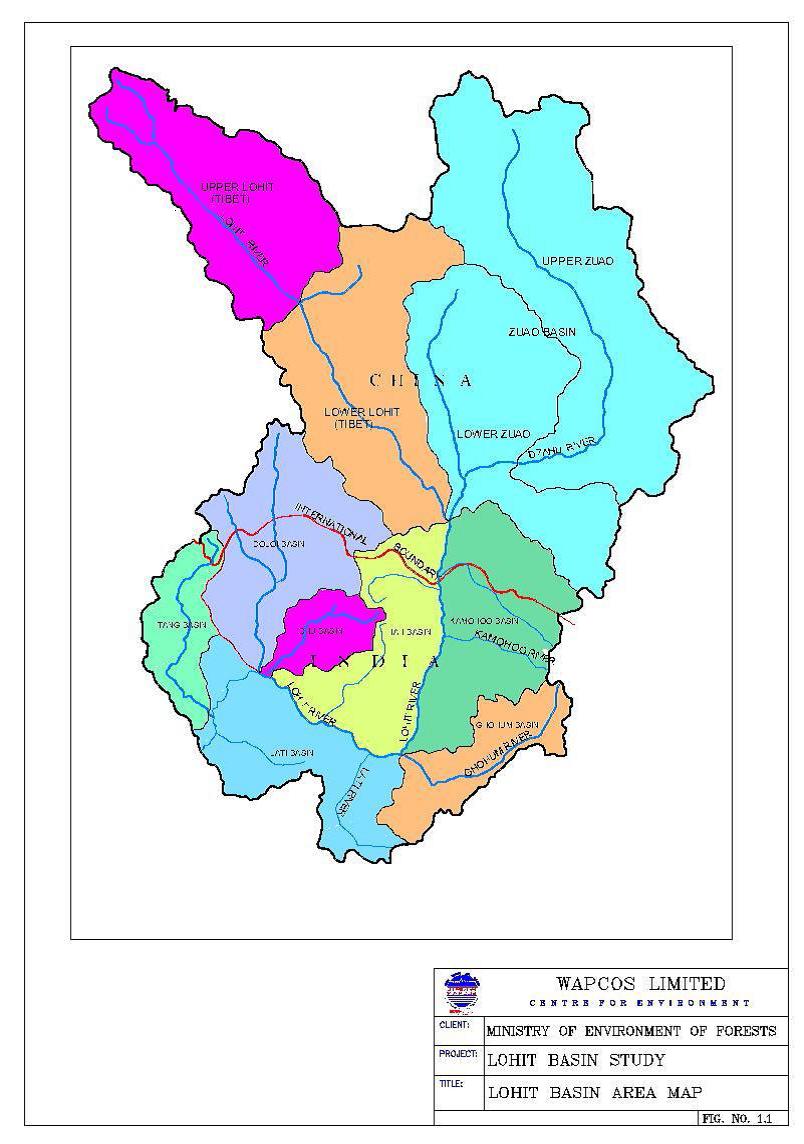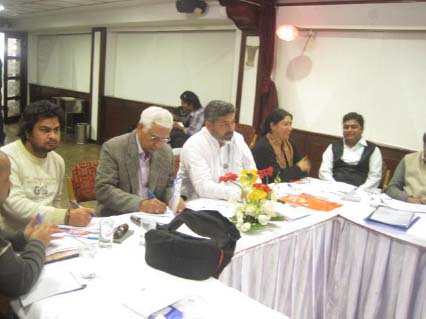/topics/sustainability
Sustainability
Impact report of watershed development programme in Ayyannapalem village of Guntur district in Andhra Pradesh
Posted on 19 Mar, 2012 11:59 AMAuthor : Kotikala Chandrasheakar
Name of the watershed: Ayyannapalem
Name of the Mandal: Bollapalli
District: Guntur
Basin-level impact assessment study of the Lohit river - A study by WAPCOS & Ministry of Environment and Forests (2011)
Posted on 19 Mar, 2012 11:29 AM
Status of water supply in in class-I cities and class-II towns of Uttar Pradesh (UP)
Posted on 17 Mar, 2012 10:15 PMSource: Central Pollution Control Board’s 2009-10 Report
Class of cities/towns |
Our water woes: Ecological imbalance is the culprit!
Posted on 12 Mar, 2012 12:01 PMAuthor : Madhuranthakam Prabhakar Rao
Lessons for rural water supply - Assessing progress towards sustainable service delivery - India - IRC International Water and Sanitation Centre, The Hague
Posted on 10 Mar, 2012 04:24 PMThe study looked beyond a simple description of the situation towards broader processes of decentralisation and political leadership, in an attempt to unpack what has gone right or, as in many cases, what has gone wrong, within the rural water sub-sector.
Towards a progressive Indian and global climate politics - A CPR Climate Initiative Working Paper
Posted on 09 Mar, 2012 07:04 PMHowever, on each of these issues, there is a healthy under-current of domestic debate. Moreover, broad agreement on this perspective does not translate to strategic unanimity. There are three divergent positions within India: growth-first stonewallers, progressive realists, and progressive internationalists.
Draft National Water Policy 2012 - Dialogue organised by NEER Foundation, Meerut on February 18, 2012
Posted on 27 Feb, 2012 10:07 AMGuest post by: Raman Kant Tyagi

Mayadantha Male (The miracle of rain) - All India Radio Karnataka programme on rainwater harvesting
Posted on 26 Feb, 2012 04:37 PM"The miracle of rain : Let the earth overflow"
Water resource accounting as a tool for urban water management - An illustration in NCT- Delhi - Journal of Indian Water Works Association
Posted on 24 Feb, 2012 10:41 PMThe paper discusses the natural resources accounting in the context of national/regional policy first, and then places water resource accounting within it. Subsequently, the methodology as well as study framework adopted for resource accounting are discussed.
Inducing vulnerabilities in a fragile landscape: The implications of hydropower development in a seismically active zone - An article in EPW
Posted on 24 Feb, 2012 08:25 PMClose to 30 hydroelectric projects are being planned on the Teesta and its tributaries. Not only is this river an essential part of Lepcha identity and life, but it also flows through a fragile zone. In this article first published in the Economic and Political Weekly (EPW), Kanchi Kohli examines the ramifications of this policy.




